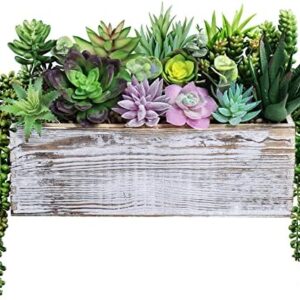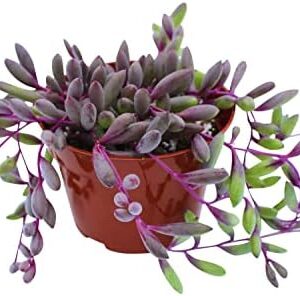In today’s fast-paced world, many of us are constantly on the go, juggling work, family, and various other responsibilities. With so much to do and so little time, it’s easy to feel overwhelmed and stressed out. But what if I told you that there’s a simple, natural way to reduce your stress levels and improve your overall well-being? Enter organic gardening.
Organic gardening is more than just a hobby or a way to grow your own food. It’s a practice that has the power to heal both our bodies and our minds. By getting your hands in the soil and connecting with nature, you can experience a sense of calm and peace that is hard to find in our modern, technology-driven world.
When you garden organically, you are not only nourishing your body with fresh, pesticide-free produce, but you are also feeding your soul. There is something deeply therapeutic about tending to plants, watching them grow and thrive under your care. The act of gardening allows us to slow down, be present in the moment, and appreciate the beauty of the natural world around us.
But the healing power of organic gardening goes beyond just the mental and emotional benefits. Studies have shown that spending time in a garden can actually have a physical impact on our health. Being outside in the fresh air and sunlight can boost our immune system, improve our mood, and reduce our risk of chronic diseases such as heart disease and diabetes.
In addition, growing your own food can have a positive impact on your diet and nutrition. When you have a vegetable garden at home, you have easy access to fresh, organic produce that is full of nutrients and flavor. You know exactly where your food is coming from and how it was grown, giving you peace of mind and helping you make healthier choices for you and your family.
Not to mention, gardening is a great form of exercise. Digging, planting, weeding, and watering all require physical effort, helping you stay active and improve your strength and stamina. It’s a fun and rewarding way to stay fit without having to hit the gym.
One of the key elements of organic gardening is working in harmony with nature. Instead of relying on synthetic chemicals and fertilizers, organic gardeners use natural methods to protect and nourish their plants. This not only helps to preserve the environment and support biodiversity, but it also results in healthier, more resilient plants that are better able to withstand pests and diseases.
Composting is another important aspect of organic gardening. By recycling kitchen scraps and yard waste into nutrient-rich compost, you can create a natural fertilizer that will help your plants thrive. Composting not only reduces waste going to landfills but also improves the health of your soil, making it more fertile and productive.
In addition to the physical and environmental benefits, organic gardening can also be a way to connect with others in your community. Gardening has a way of bringing people together, whether it’s through sharing tips and advice, swapping seeds and plants, or working together on a community garden project. By joining forces with like-minded individuals, you can learn from each other, support one another, and build a sense of camaraderie that is truly special.
If you’re new to organic gardening, don’t worry – it’s easier than you think to get started. You don’t need a green thumb or a vast amount of space to create your own little oasis. Whether you have a small balcony, a backyard, or just a sunny windowsill, there are plenty of ways to grow your own organic fruits, vegetables, herbs, and flowers.
Start by choosing plants that are well-suited to your climate and growing conditions. Consider starting with easy-to-grow crops like tomatoes, peppers, lettuce, and herbs. Invest in good-quality organic seeds or seedlings, organic soil, and natural fertilizers to give your plants the best possible start.
Make sure to water your plants regularly, provide them with plenty of sunlight, and protect them from pests and diseases using organic methods like companion planting, crop rotation, and mulching.
As you tend to your garden, take the time to observe and appreciate the wonders of nature around you. Pay attention to the changing seasons, the different colors and shapes of plants, and the sounds of birds and insects buzzing around. Allow yourself to be fully present in the moment, letting go of your worries and stressors as you immerse yourself in the beauty of the natural world.
In conclusion, organic gardening is not just a hobby or a pastime – it’s a powerful tool for healing and nourishing our bodies, minds, and spirits. By connecting with nature, growing your own food, and working in harmony with the earth, you can experience a sense of peace, joy, and well-being that is truly transformative. So why not give it a try? Start digging in the dirt, planting seeds, and watching your garden grow – you may just discover a whole new world of healing and happiness right outside your door.






